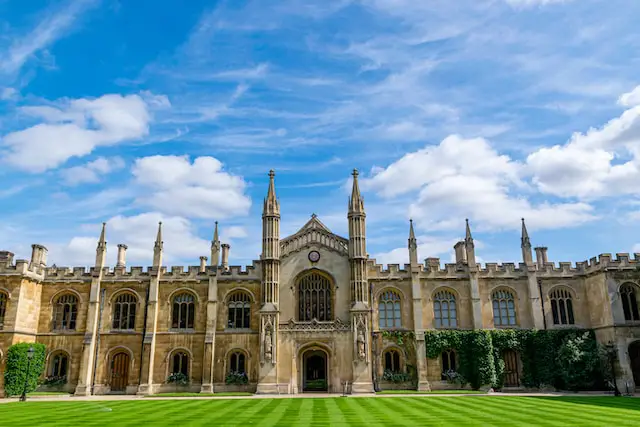Virginia Commonwealth University (VCU) is a public research university located in Richmond, Virginia. It was founded in 1838 and has since grown to become a leading research institution with a diverse student body of over 30,000 students. In this article, we will discuss the pros and cons of attending Virginia Commonwealth University.

Pros:
- Location: VCU is located in Richmond, Virginia, a vibrant city with a rich cultural history. Students have access to a wide range of cultural events, entertainment, and social activities.
- Diversity: VCU has a diverse student body, with students from all 50 states and over 100 countries. This diversity creates a unique and dynamic learning environment, where students can learn from each other and develop a global perspective.
- Research Opportunities: VCU is a research-intensive university, with over $271 million in annual research expenditures. Students have the opportunity to work alongside world-renowned faculty on cutting-edge research projects.
- Academic Excellence: VCU is consistently ranked among the top public universities in the United States, and its programs in the arts, health sciences, and business are nationally recognized.
- Campus Facilities: VCU has modern and well-equipped campus facilities, including state-of-the-art libraries, sports facilities, and housing.
- Student Life: VCU has a vibrant student life, with over 500 student organizations and clubs. Students can participate in everything from academic organizations to cultural clubs, sports teams, and more.
- Career Services: VCU has a robust career services program that helps students with everything from career exploration to job placement. Students have access to a network of alumni and employers, as well as internship and job opportunities.
Cons:
- Large Class Sizes: With a student body of over 30,000, some classes at VCU can be quite large. This can make it more challenging for students to get individualized attention from faculty.
- Limited Parking: Parking can be a challenge at VCU, especially during peak times. Students may need to arrive early to find a parking spot or consider alternative transportation options.
- Campus Safety: While VCU has a relatively low crime rate, like any urban university, there is some risk of crime on campus. Students should take precautions to ensure their safety, such as traveling in groups and being aware of their surroundings.
- Academic Support: While VCU has a robust academic support program, some students may find that they need additional academic support. This can be challenging to access, especially for students who live off-campus.
- Commuting: VCU is primarily a commuter school, with many students living off-campus and commuting to classes. This can make it more difficult to build a sense of community on campus.
- Limited On-Campus Housing: VCU has limited on-campus housing, which can make it challenging for some students to find affordable and convenient housing options.
- Limited Dining Options: While VCU has a number of dining options on campus, some students may find that the choices are limited. Students with dietary restrictions or preferences may need to seek out alternative options off-campus.
Conclusion:
Overall, Virginia Commonwealth University offers many benefits to its students, including its location in vibrant Richmond, diverse student body, research opportunities, academic excellence, campus facilities, student life, and career services. However, there are also some challenges, such as large class sizes, limited parking and housing, campus safety concerns, and limited dining options. Students should carefully consider these factors when deciding whether to attend VCU.